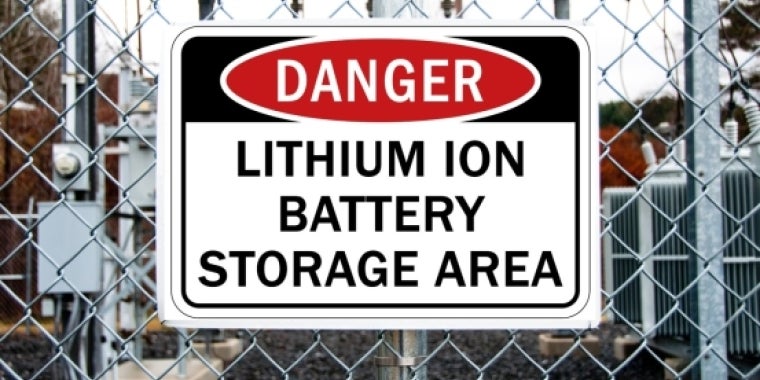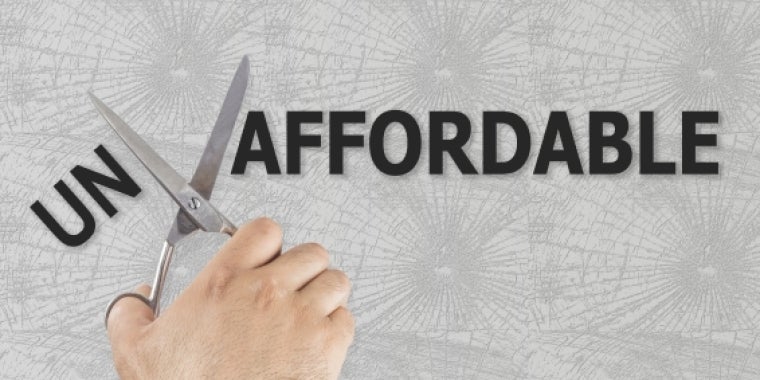
Storm Recovery Assistance Scams & Tips for Finding a Reliable Contractor
Andrew J Lanza
November 5, 2012
· Protect yourself from home repair and other scam artists, who may try to take advantage of unsuspecting homeowners who suffered property damage from Storm Sandy.
· Please be aware that the only ways to register for FEMA help are to call 800-621-3362 (TTY: 800-462-7585) or visit www.DisasterAssistance.gov (or m.fema.gov from a smartphone or Web-enabled device).
· There is never a fee to apply for FEMA disaster assistance or to receive it and there is no fee for FEMA or U.S. Small Business Administration property damage inspections.
Some scams to watch out for:
· Form completion services. Beware of people charging a fee to help you complete disaster assistance forms, such as FEMA or SBA, or obtaining assistance checks. These services are provided free through FEMA and the Red Cross.
· Phony Inspectors. Never let anyone in until you have verified they have the appropriate credentials. Always ask for a telephone number so you can confirm the inspector is working for an authorized agency.
· Government Grant Offers. Be aware of entities offering "free grant money" for flood repair or disaster relief. A true grant is free and never requires any upfront fees or repayment. Check with a regional or state economic development office to see if they know of grant programs for which you might qualify, or contact your local social service agency for information or assistance.
· Advance Fee Loans. Advance fee loans are illegal. Ignore any company that “guarantees” you will receive a loan. Dishonest operators will charge a processing fee, and then promise they will find a lender. It is illegal to charge an up-front fee.
· Water Testing & Purifiers. Monitor local news media for instructions from health authorities regarding water safety and purification. Avoid offers for “free” home water testing, and be skeptical of claims that an in-home test shows your water is unsafe. If you have questions about the safety of your water, contact your local public health authority.
These are some warning signs that tell you to avoid a contractor or salesman.
Beware of anyone who:
· Comes to your home or calls you on the phone and offers to make repairs.
· Tells you that you must make repairs immediately.
- Talks too fast to confuse you and pressures you to sign a contract immediately.
- Tells you that they are doing work in your neighborhood and that they have extra materials left from another job.
- Offers a discounted price or discounts if you refer others, but only if you buy today.
- Tells you something that sounds too good to be true. It probably is not true!
- Is not an established local business, but has come to the area from somewhere else to “help.”
Some suggestions for the safe way to find a contractor to repair your home.
Check out contractors. Is the company reputable? How long has it been in business? Ask for references and then check them out. Make sure the company is licensed, bonded, and insured. Ask to see its insurance policy or certificate of insurance. There are on-line resources for finding out other people’s experience with contractors.
- Get at least two estimates. Many companies give free inspections and written estimates -- get two or three before choosing a contractor. Remember that the lowest price is not always the best deal. Compare costs, materials, and methods suggested by different companies to decide what materials and methods are best for your home.
- Insist on a written contract that includes a detailed description of the work to be done and specifies exactly what materials will be used and their quality. The contract should include starting and estimated completion dates. The terms, including the price, finance charges and payments, should be what you agreed on. If not, do not sign it! Be sure to get a copy of everything you sign when you sign it.
- Ask if there is a guarantee or warranty. If so, make sure it is in writing. If the company won't put its promises in writing, look for another company which will.
- Do not sign the contract until you read it carefully. If the salesperson pressures you to sign before you read and understand the entire contract - don't sign it! Never rely on the salesperson to read or explain the contract to you.
- Do not pay for work in advance.
- Inspect all of the work very carefully to make sure it was done properly. If you have any doubts or questions, do NOT make your final payment or sign a "completion certificate" until the work is properly finished.
If you think you have been the victim of a scam, you should consult a lawyer immediately. There are time deadlines to cancel sales and pursue legal claims. You can also contact the Department of Financial Services for insurance related scams, or your district attorney or the Attorney General’s Office.
Price Gouging
· Some businesses raise their prices excessively on essential goods and services like drinking water, ice, groceries, fuel, towing, and car and home repairs. State law prohibits excessive increases in prices for essential goods and services during times of market disturbance, such as after a disaster.
· If you feel that you are being unfairly charged for goods or services such as drinking water, food, towing, or any other necessity, raise the issue of price gouging with the provider. If that does not solve the problem, you can report the merchant to local law enforcement or the Attorney General.
Phony Charities
· After a disaster it is natural that those who were not harmed want to help others who were. Indeed, that help is essential when there serious damage and many people have suffered major losses.
· But be sure that the money you give actually reaches those in need. It is best to give to charities that you already know. Most reputable charities will not call and ask for donations or come to your door. Also, beware of email requests, which may not really be from the organization named. It is safer to go to the website of the organization yourself and make your donation there.
· Consumers who need further help should feel free to contact the New York State Department of Financial Services’ Consumer Services Bureau at 800-342-3736 which operates from 9 a.m. to 4:30 p.m., Monday through Friday. Disaster related calls only should go to the disaster hotline at 800-339-1759, which will be open from 8:00 a.m. to 8:00 p.m. for as long as needed.
Share this Article or Press Release
Newsroom
Go to NewsroomTHERE OUGHT TO BE A LAW 2022-2023 CONTEST WINNERS
February 22, 2023


SENATE REPUBLICANS UNVEIL PLAN TO CREATE A MORE AFFORDABLE NEW YORK
February 13, 2023
